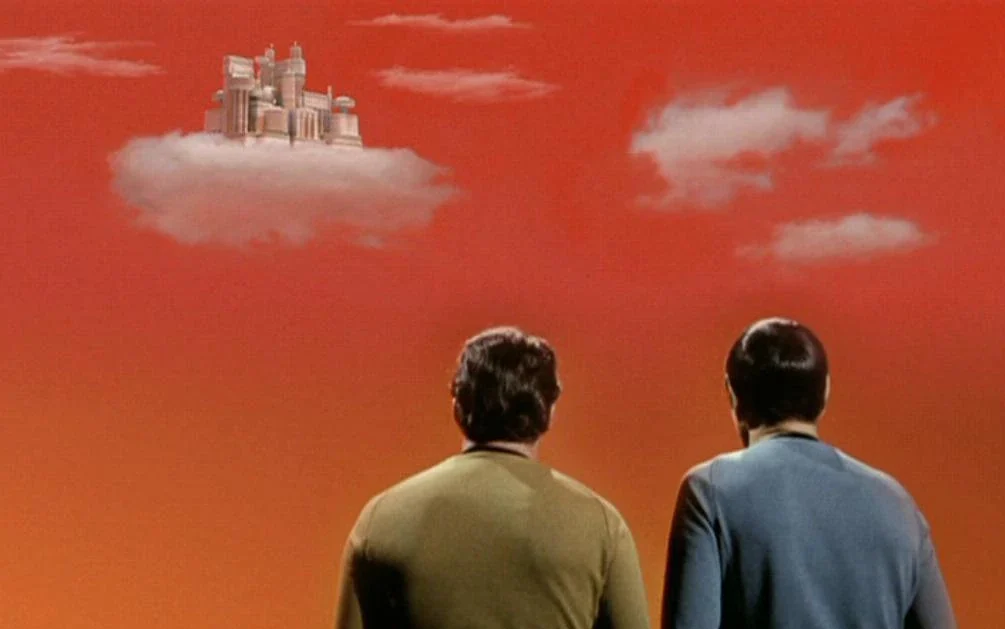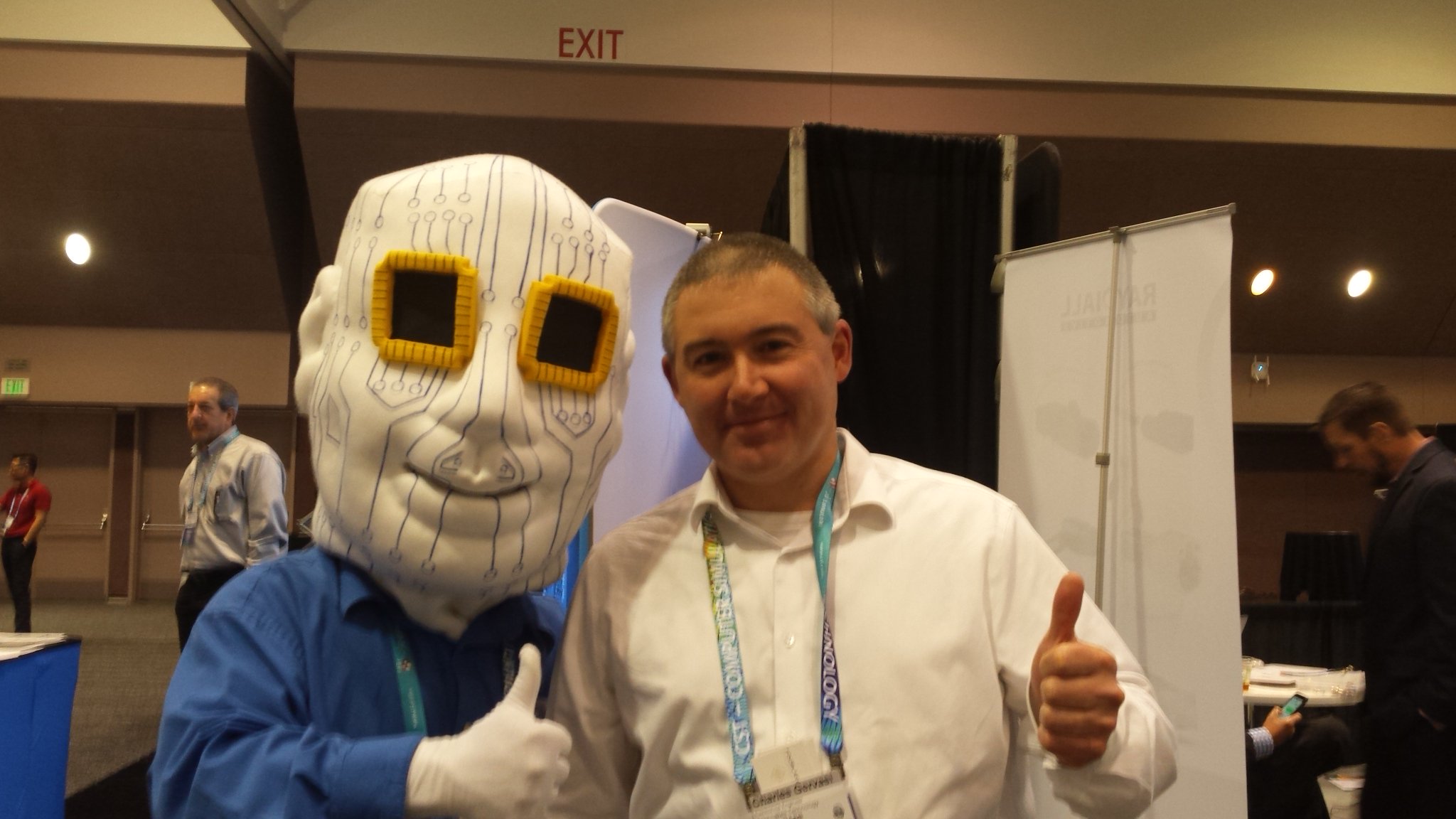Interesting essay written by Greece’s former finance minister and leftist economist.
Agreed that hope is Defiant (pun intended), but disagree with assertion that replicators are the backbone of post-scarcity (yes I know it’s a work of fiction by many writers, but hear me out).
Under capitalism the invention of replicators would just lead to the introduction of artificial scarcity, in order to maintain the current power structures. We know this because everywhere in the world already exists the technology for all to have plenty, yet somehow these obvious needs aren’t met.
In a nutshell: tech won’t save us.
Theres a whole alien race, The Ferengi, that are obsessed with something called latinum and getting as much as possible because it can’t be replicated. Other than that, it has no other useful purpose. You could replicate anything you want for free or you could get some latinum and go to a Ferengi bar and pay someone else to replicate it for you.
So basically yeah, Ferengi are also post-scarcity but since they are the capitalist caricatures of the show, they have random substance xyz so they can still have a reason for rich and poor to exist.
“Money as a vestigial cultural relic” is a great concept. You’re right, Latinum doesn’t provide the Ferengi with anything but status.
I think about this exact topic a lot and I think you are mostly right, but I also think that open source replicators would be an agent of change, especially if one could be used to manufacture parts to make another. Of course, without land to make things on conflicts will arise. But once the need for money is removed some people will choose to “opt out” of society and start building a parallel one similar to how the open source community exists alongside closed source software.
I don’t know, we already have open source 3D printers and they really haven’t brought about the industrial revolution some people hoped. Not quite the same as replicators, granted!
I had the same thought when NFTs became popular, but no longer. NFTs are artificial scarcity, since they have no inherent value and the uniqueness of each should therefore hold no inherent value. But the hype’s gone now. Nobody cares about NFTs because everyone knows their value is artificial. I think that is what’s gonna happen when replicators are invented. There will be brief periods of hype to create artificial scarcity, but they will pass.
Love this about star trek, its anti black mirror, miss hopeful scifi
That’s why I couldn’t get into a lot of the newer Trek stuff. Older stuff felt aspirational, but the newer stuff did not.
Discovery had good moments but I really had to look past a lot, I do kind of like strange new worlds. The movies were definitely not hopeful but at least a fun watch for the action.
I really enjoyed final space, more star trek adjacent, suprisngly great, my roommate walked by sat down and watched multiple episodes with no background because the episode that was on was so good.
Old trek. Not new trek. Those lessons are mostly gone from the newer series and replaced with pew pew and explosions.
Does it?
I always liked the idea that Starfleet is the “relief valve” for humanity. It takes the people desperate for adventure, who wouldn’t be complacent even in a post scarcity world, and fling them as far away from Earth as humanely possible so they don’t change the government.
Which, even if Earth is a Utopia, it shows that on a deep institutional level the one world government has no issues with manipulating their citizens and makes me question how much of Earth is really a post scarcity Utopia in the first place.
As many shows Trek has, they just don’t really touch on what life is like back on Earth except rich officers come from giant farms/plantations that still have a bunch of field hands… Which doesn’t really jive with the story we’re told.
Id love to see something about what Earth is really like for people.
Like, what the Expanse did where they go back to Earth and I think everyone had “enough” but that included a large group of homeless drug addicts that lived in squalor somehow.
Tbh I’m tired of the “utopia is actually evil” trope. I like how Earth is presented in trek without many hidden evils. Starfleet has problems and the show explores them (look at the maquis), but they’re authentic to the stated mission of exploring and discovering.
If we’re sticking to the trek universe but using these ideas, they should go to the mirror universe or pre-federation
Everyone does what they do voluntarily. Starfleet, barbers, field hands, all people who chose to do that because they enjoy it.
On the other side of this, there is the Deep Space Nine episode In the Cards. Nog, a Ferengi, helps Jake do work in exchange for things that people want. Then take some risks, buying stuff they don’t know if they can sell, and end up makings some trades that gets people what they want, so Jake can get what he wants. In the end there’s a montage showing everyone ends up happier.
So people did work freely. People paid them freely. They took a risk with some of their gains to buy things they hoped might meet someone else’s needs, with the hope of making mutually beneficial change. In the end, people served one another freely, not based on guilt or coercion, and everyone ended up with more of what they wanted. That’s a world most people want to live in.






